
OR

Katie Morris
he author is a student of law from Durham University, UK. She recently undertook a three week internship with Internship Nepal in Kathmandukatie.28@hotmail.com
More from Author
While Nepali women continue to face numerous obstacles in everyday life, celebrations are in order to honor the achievements that have been made so far
Prior to arriving in Kathmandu, my knowledge of Nepal was limited to its beautiful mountains which entice an abundance of intrepid travelers to pursue their latest adventure here. As an undergraduate law student preparing my dissertation on international human rights, I was particularly intrigued to investigate first-hand the status of women in the youngest republic in the world.
While the Constitution promulgated in 2015 purports to safeguard women’s rights, primarily through the explicit recognition that ‘women shall have equal lineage right without gender -discrimination’ and the further provisions of Article 38 which vindicate women’s reproductive rights and criminalize all kinds of violence against women, I sought to question how far these claims reflected in reality. An insightful discussion with Meena Sharma, President of the Institute of Human Rights Communications Nepal (IHRICON), demonstrated that while the discernible presence of women in Parliament is evidently a step toward equality, there is nevertheless a lack of engagement with the Constitution itself on an individual level stifling a translation of the provisions into the everyday lives of citizens.
The issue is that meaningful change in society can only occur by dismantling oppressive traditions, Sharma emphasized, citing her own experiences of Chhaupadi. Far from calling for Nepal to be stripped of its rich culture and heritage, the President of IHRICON instead proposes that modifications must be made to elements which no longer fit with the egalitarian society sought today.
On the contrary, Sharma’s invitation for women to change their own narratives appears to have already been enthusiastically accepted within certain areas. During my visit, I was fortunate enough to experience Haritalika Teej, which was traditionally an opportunity for wives to send prayers for the wellbeing of their husbands. However, in recent years the festival has been utilized by women’s rights activists as a platform to articulate their demands for gender equality. Such behavior epitomizes the journey that women in Nepal have embarked upon, seeking to break free of the constraints placed on them as a purely domestic figure and fighting for greater rights and freedoms. Witnessing a young female doctor clothed in an elegant red saree tending to an elderly man at the Teej celebrations in Pashupatinath symbolized for me the progression women have made here.
An important recurring notion vocalized by several activists I interacted with while in Nepal is that ‘women’ is not a homogenous group. There is diversity amongst religions, castes, ethnicities and geographical location. UN Women Programme Analyst for the Access to Justice Programme, Subha Ghale, criticized the mainstream women’s movement for ignoring the voices of indigenous women and emphasized that the legislature is still facing difficulty when creating policies suited to meet the varying needs of different women. Such a call for inclusivity was echoed by Indian activist Kamla Bhasin at a feminist solidarity and celebration program I attended in Lalitpur, invigorating the diverse audience to unite to further the interests of all. Despite not being a Nepali citizen, I found myself wholeheartedly subsumed by the afternoon’s festivities commemorating women’s achievements in all areas, demonstrating that common goals prevail over differences in background.
As my stay in Nepal comes to an end, I am thrilled to have discovered so much more about the country than could ever be learnt from simply picking up a book. One must look beyond the policies and open one’s eyes to the transition that the nation is currently experiencing. While women continue to face numerous obstacles in everyday life as a combination of their gender, geographical location and caste, it is clear that celebrations are nonetheless in order to honor the achievements that have been made so far.
The author is a student of law from Durham University, UK. She recently undertook a three week internship with Internship Nepal in Kathmandu
katie.28@hotmail.com
You May Like This
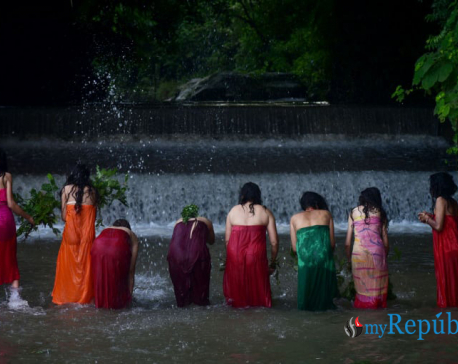
PHOTOS: Rishi Panchami being observed today
KATHMANDU, Aug 23: Hindu women are celebrating Rishi Panchami across the country on Sunday. ... Read More...
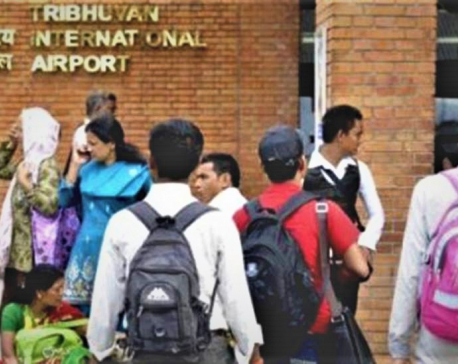
After Saudi, Kuwait prepares to launch massive crackdown on migrants
KATHMANDU, April 8: Kuwait is planning a massive crackdown on undocumented workers in a move which is likely to affect... Read More...
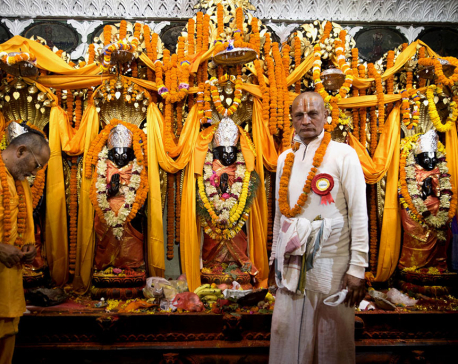
In pictures: Ram Nawami celebration
KATHMANDU, March 25: The Ram Nawami festival, the birthday of Hindu God Ram, is being celebrated across the country today. Read More...




Just In
- NEA Provincial Office initiates contract termination process with six companies
- Nepal's ready-made garment exports soar to over 9 billion rupees
- Vote count update: UML candidate continues to maintain lead in Bajhang
- Govt to provide up to Rs 500,000 for building houses affected by natural calamities
- China announces implementation of free visa for Nepali citizens
- NEPSE gains 14.33 points, while daily turnover inclines to Rs 2.68 billion
- Tourists suffer after flight disruption due to adverse weather in Solukhumbu district
- Vote count update: NC maintains lead in Ilam-2







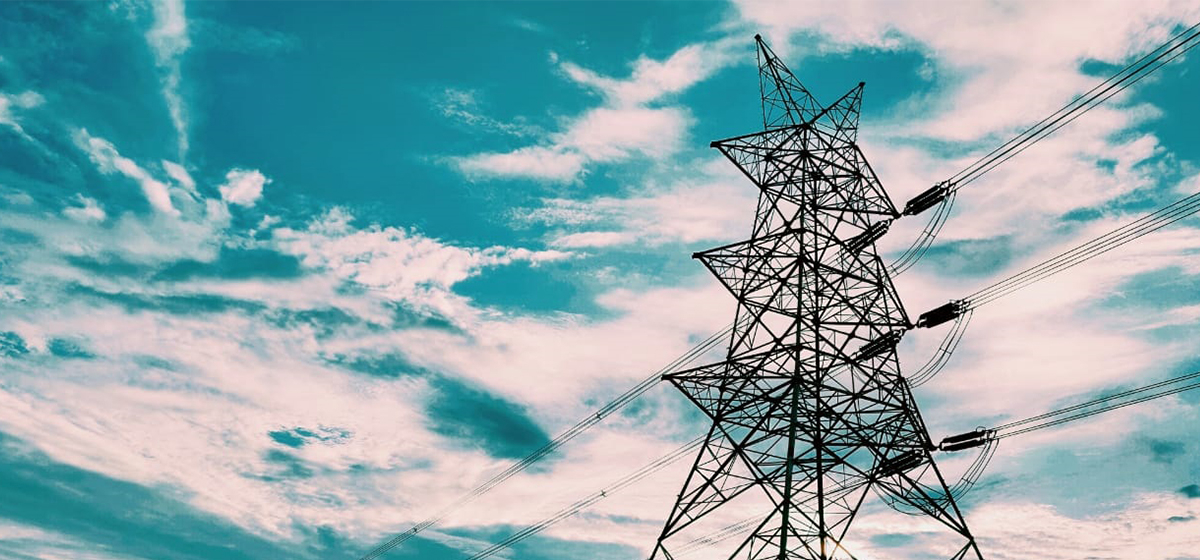




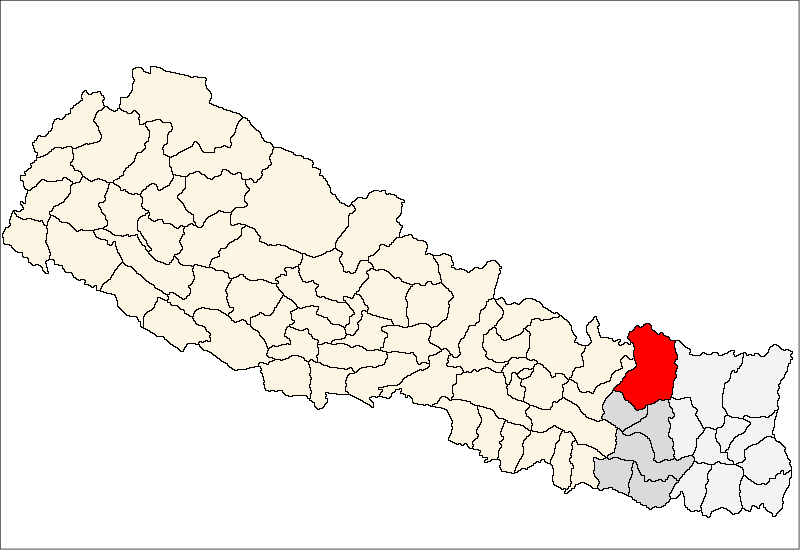
Leave A Comment